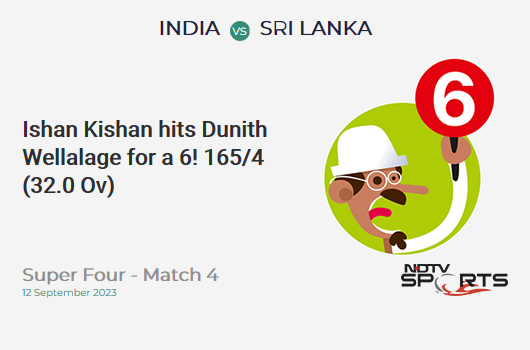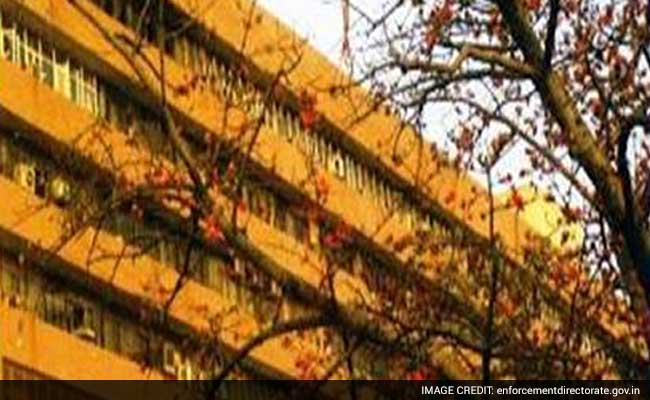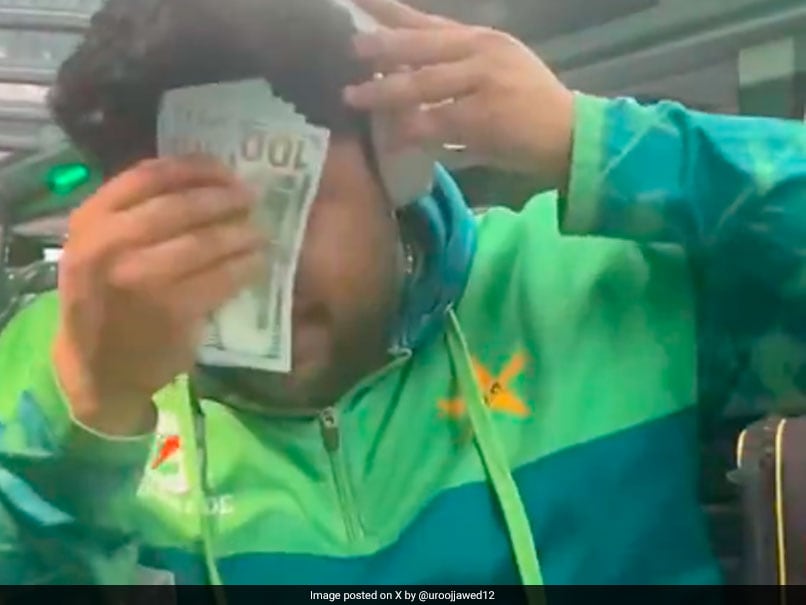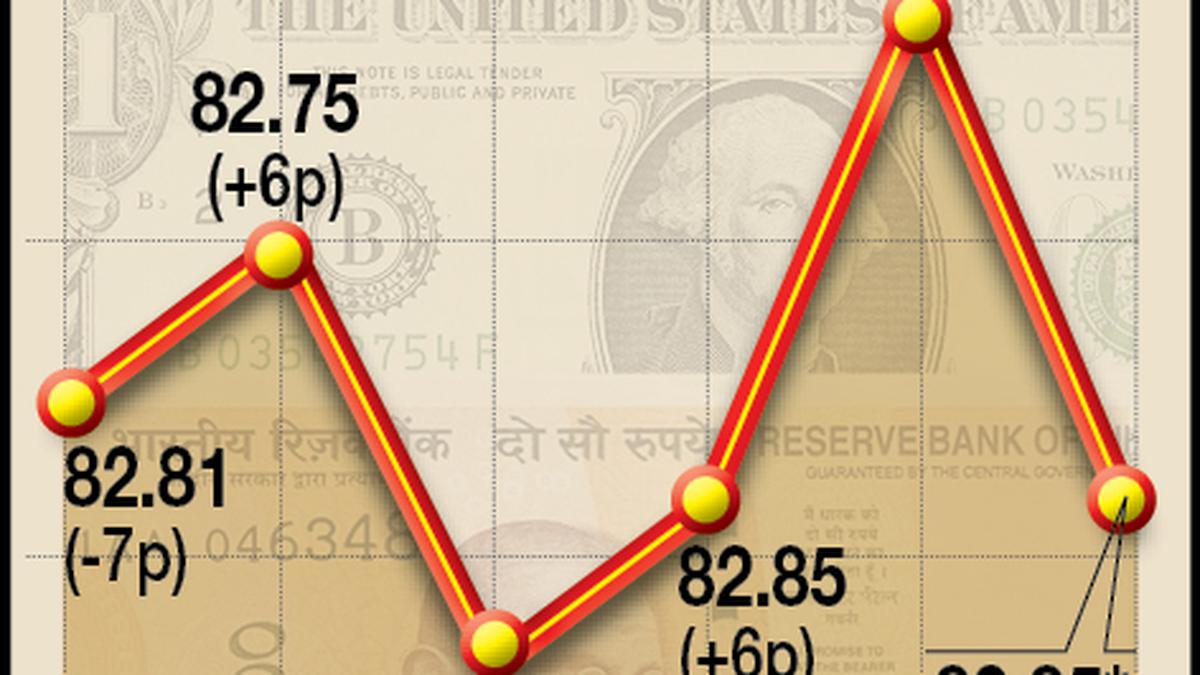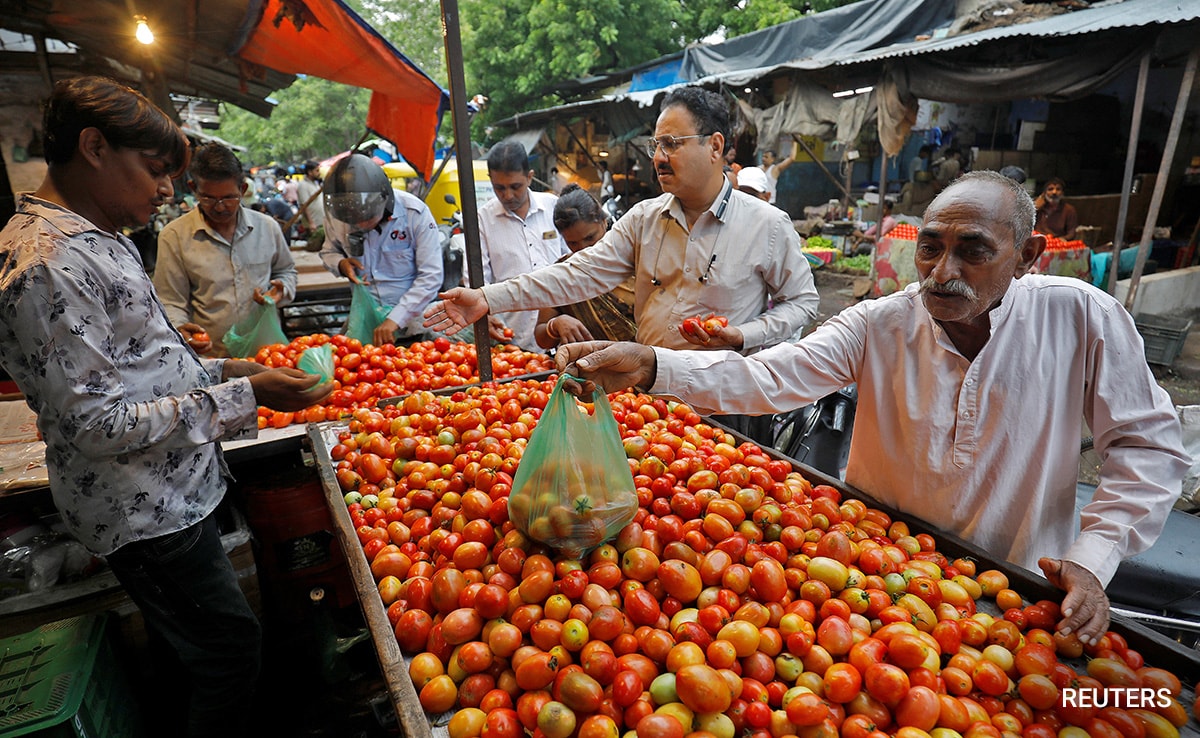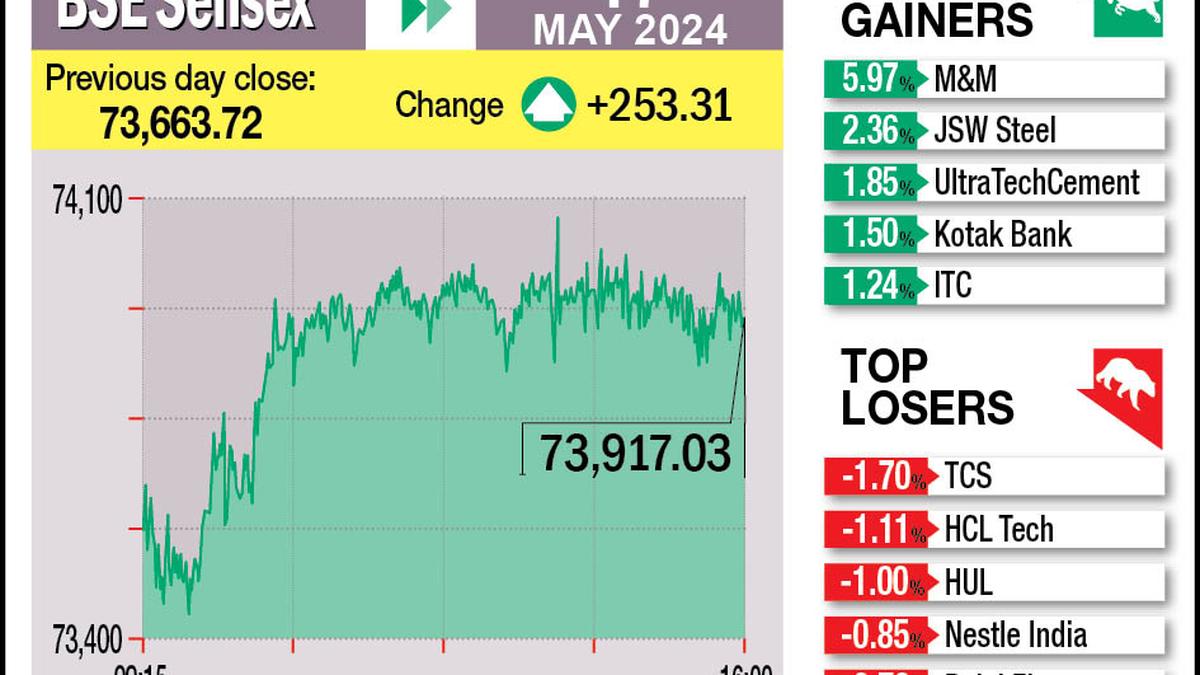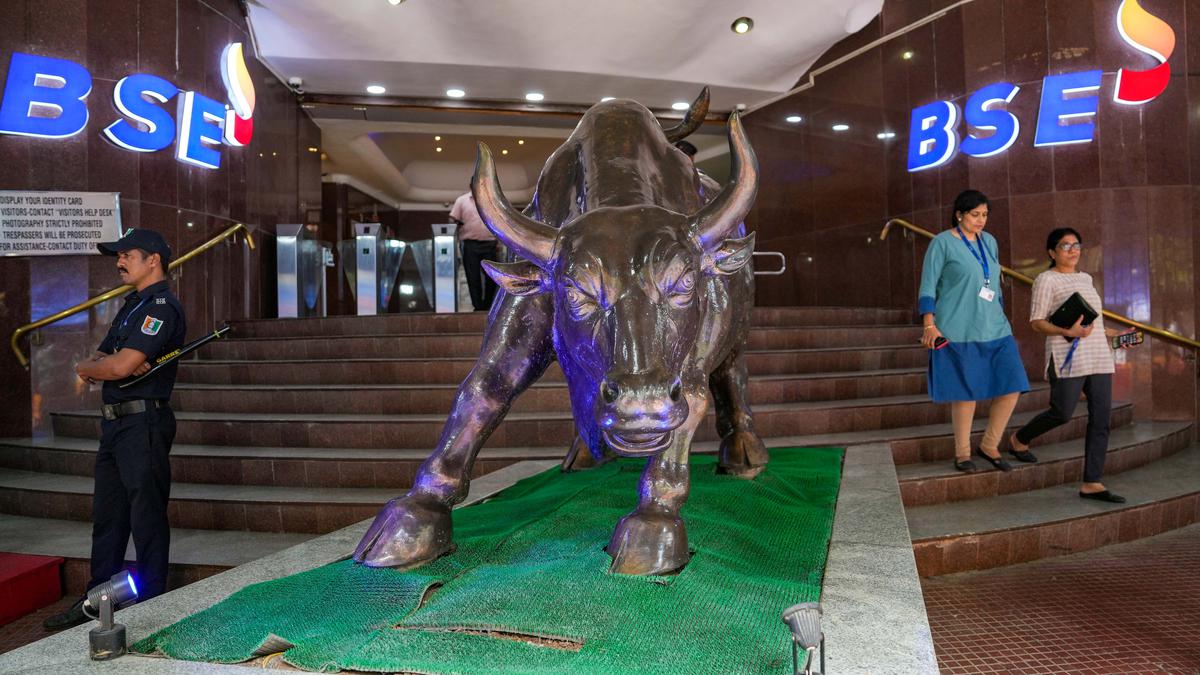Image for representation only
| Photo Credit: AP
While presenting the interim budget for 2024, Finance Minister Nirmala Sitharaman announced a set of measures to boost the green economy and the blue economy
Among other measures pertaining to finance and infrastructure, Finance Minister Nirmala Sitharaman also announced some green initiatives and steps which will be taken for India to meet its net-zero commitments by 2070 in the interim budget presented in the Lok Sabha today. She also highlighted some efforts which will go towards creating a ‘Blue economy.’
Ms. Sitharaman announced that viability gap funding would be provided for harnessing offshore wind energy potential for initial capacity of one giga-watt.
Also Read | Budget 2024 live updates | Interim budget leaves tax structure untouched; PM calls it ‘historic’, ‘transformative’ for the future of India
Further, coal gasification and liquefaction capacity of 100 MT shall be set up by 2030, she said, highlighting that this will also help in reducing imports of natural gas, methanol, and ammonia. The Centre also proposes phased blending of compressed biogas in compressed natural gas (CNG) for transport, as well as piped natural gas (PNG) for households. Financial assistance will be given for those seeking to procure biomass aggregation machinery, she shared.
As far as green transport goes, Ms. Sitharaman announced that the e-vehicle ecosystem will be expanded through support to manufacturing and charging infrastructure. Greater adoption of e-buses for public transport networks will be encouraged through payment security mechanism, she said.
Green growth is expected to receive an impetus through a new scheme for bio-manufacturing and bio-foundry, which will provide eco-friendly alternatives such as biodegradable polymers, bio-plastics, bio-pharmaceuticals and bio-agri-inputs. This is expected to push adoption of regenerative principles.
Ms. Sitharaman’s speech also announced certain measures to promote climate resilient activities for blue economy 2.0. These include a scheme for restoration and adaptation measures as well as a multi-sectoral approach towards coastal aquaculture and mariculture.
According to the World Bank, a blue economy refers to a “sustainable use of economic resources for economic growth, improved livelihoods and jobs, and ocean ecosystem health.”
The speech also mentioned enhancing public transport, saying that Metro Rail and NaMo Bharat or Regional Rapid Transit services could be the catalyst for urban transformation and that these systems will be expanded in cities.
Touching upon green power while discussing measures to develop electricity infrastructure, the Finance Minister highlighted that one crore households will be enabled to obtain up to 300 units free electricity every month through rooftop solarization.



